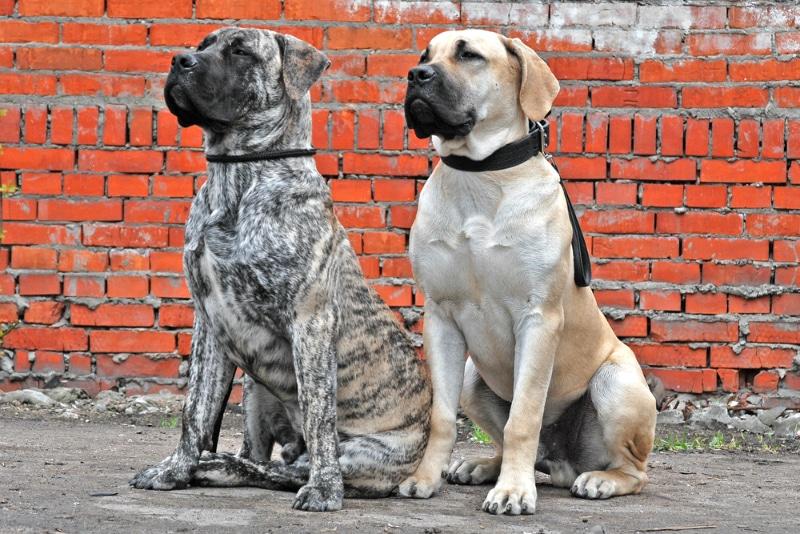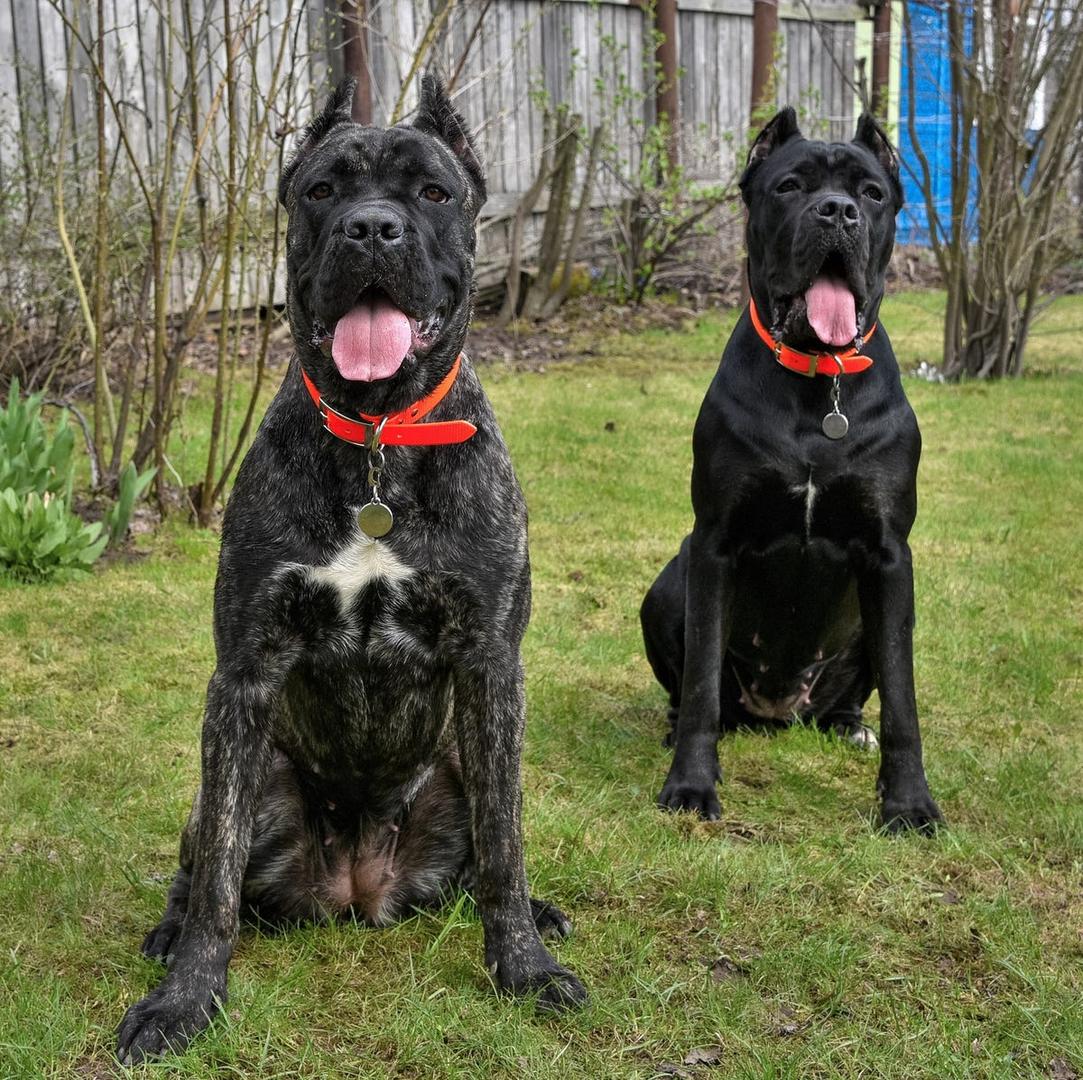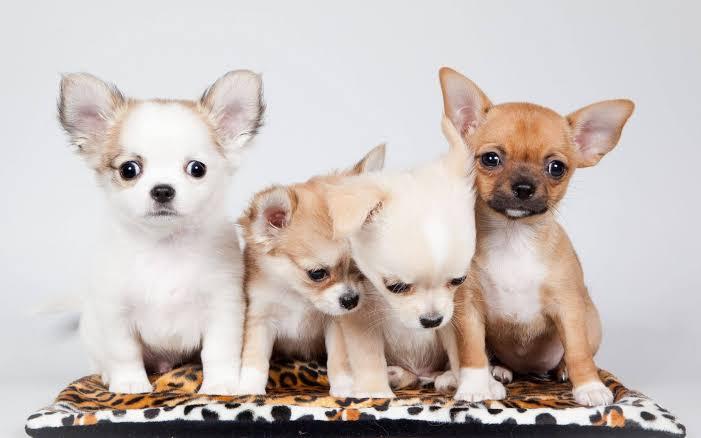Explore Our Bill Payment Services:

- Pet & Animals
- Ghana
How To Easily Train Your Local Ghanaian Dog (2025 Guide)
In Ghana, many families keep local dogs for security, companionship, or both. These dogs — often referred to as “Ghanaian local breeds” or “village dogs” — are strong, smart, and well-suited to our environment. But did you know you can train your local dog just like imported breeds like Rottweilers or German Shepherds?
With the right approach, your dog can become a loyal, well-behaved, and protective companion. This guide shows you how to train your local Ghanaian dog easily at home, even if you’ve never trained a dog before.
Why You Should Train Your Dog
Training your dog improves:
✅ Obedience (no running away, no unnecessary barking)
✅ Home security
✅ Relationship with children and visitors
✅ Feeding and daily care
✅ Loyalty and discipline
Step-by-Step Training Guide for Ghanaian Local Dogs
1. Start with Simple Commands
Begin training as early as 8 weeks old. If your dog is already grown, don’t worry — it can still learn.
Basic commands to start with:
-
“Sit”
-
“Come”
-
“Stay”
-
“No”
-
“Go inside” (into its kennel or sleeping space)
Use small food rewards like pieces of meat, bread, or leftover banku/fufu to encourage obedience.
2. Use Local Language If Needed
You can train your dog in Twi, Ga, Ewe, Dagbani, or English — whichever you’re comfortable with. The most important thing is consistency.
For example:
-
“Bra ha!” – Come here (Twi)
-
“Kɔ fie” – Go home
-
“Gyae saa!” – Stop that
-
“Tena aseɛ” – Sit down
Repeat the same phrases during each session.
3. Reward Good Behaviour
Your dog learns faster when you praise it or give a small treat.
✅ Say “Good boy!” or “Good girl!”
✅ Clap and smile
✅ Pat its head or back gently
✅ Give a snack after successful commands
Don’t beat your dog — fear does not create loyalty.
4. Set a Daily Routine
Dogs love routine. Train and feed them at the same times every day.
-
Feed twice a day (morning and evening)
-
Train 10–15 minutes in the morning or evening
-
Walk or let them play outdoors every day
This creates structure and trust.
5. Socialize the Dog
Let your dog get used to:
✔️ People in your household
✔️ Strangers (under supervision)
✔️ Children and other pets
This helps it learn who to protect and who to accept.
6. Train for Home Security
Your local dog can be a strong watchdog if trained right.
-
Let it spend time near the gate or compound
-
Teach it to bark at strangers but calm down when told
-
Use commands like “Who’s there?” or “Go there!” during practice
-
Reward it for barking at the right time
Always make sure the dog doesn’t become too aggressive or uncontrollable.
7. Use Local, Affordable Tools
You don’t need imported tools. Here’s what you can use:
-
Rope or leash – for walking
-
Tin cans or stones – for distraction training
-
Plastic bowls – for food and water
-
Old sack or mat – as bedding
Simple things around your home can work perfectly.
Avoid These Common Mistakes
🚫 Changing commands every time
🚫 Hitting the dog out of frustration
🚫 Keeping it tied all day without interaction
🚫 Feeding only leftovers (malnutrition)
🚫 Ignoring health checks
Extra Tricks to Teach
Once your dog understands the basics, try these fun tricks:
-
“Give paw” – The dog lifts its paw for a handshake
-
“Roll over” – Lays on its back
-
“Go and bring” – Fetching items
-
“Go inside” – To the kennel
These tricks help strengthen your bond with your dog.
Health Tips for Ghanaian Dogs
To keep your dog healthy and active:
✔️ Deworm every 3–4 months
✔️ Vaccinate against rabies, distemper, and parvo
✔️ Bath your dog every 1–2 weeks
✔️ Feed clean food — mix protein (meat/fish) with carbs (kenkey, gari, rice)
✔️ Check for ticks, wounds, or infections regularly
Visit your nearest vet clinic or animal welfare office for advice and treatment.
Final Words
Your local Ghanaian dog may not have fancy papers or a foreign name — but it can be loyal, brave, and intelligent. All it takes is your time, consistency, and care.
Remember: A trained local dog can protect your home just as well — or even better — than imported breeds.







